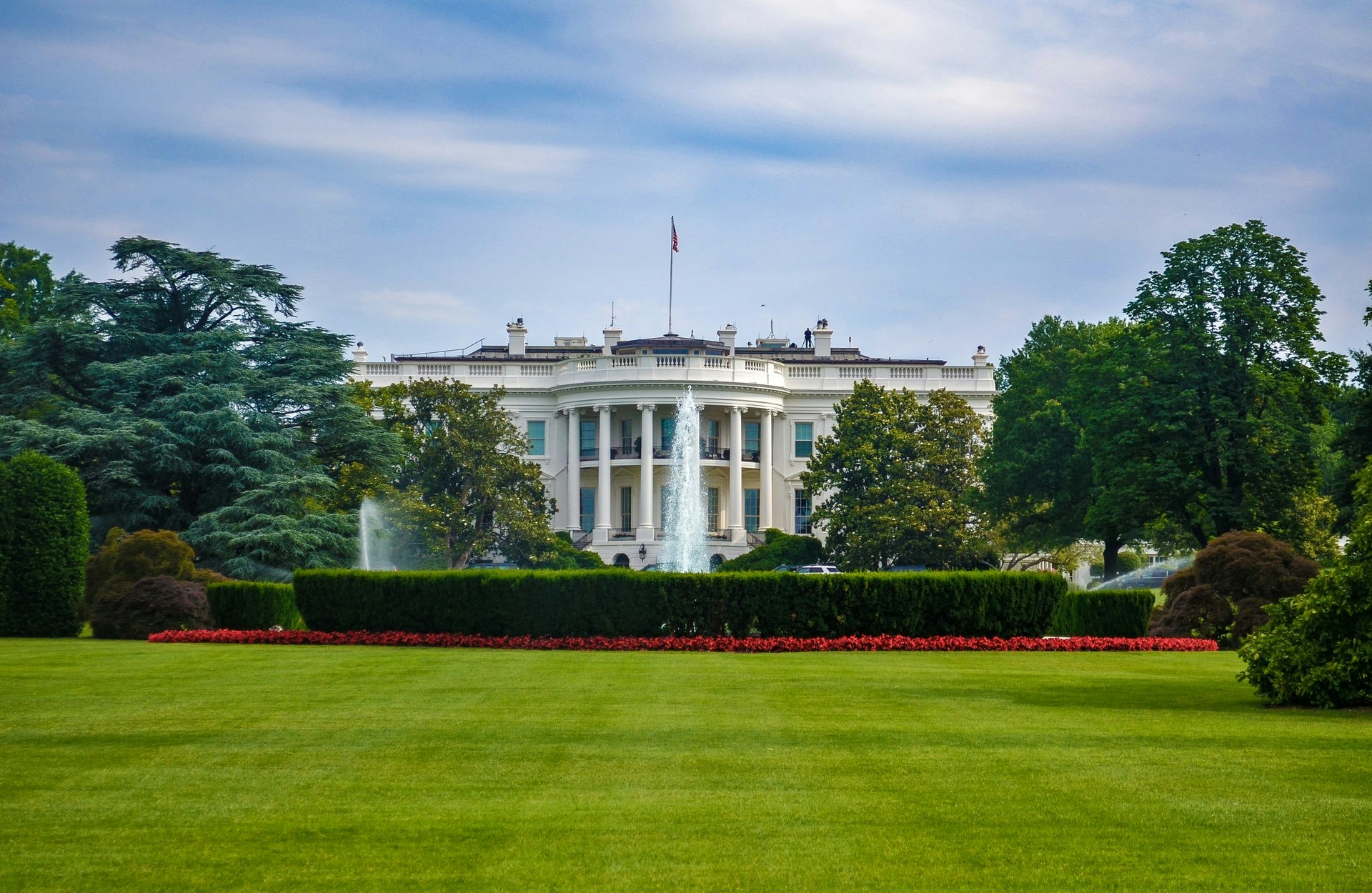A Google shareholder pressed company executives on their open access to the White House Wednesday, the latest to question the gap between their talk of transparency and their actions.
"Lobbying is not just dollars, it's face-to-face meetings," the shareholder said at Google's Annual Meeting of Stockholders on June 8, noting that Google was the most frequent corporate visitor to the White House. "How about writing down the notes, publishing the notes you take at the meetings so we know what's going on?"
Google executives awkwardly laughed-off the suggestion.
Last month, the Google Transparency Project reported that representatives of Google and associated firms met with members of the Obama administration at the White House at least 427 times, or more than once a week. Google's lobbyist was the most frequent corporate visitor to the White House.
Investors have previously criticized Google's lack of transparency about its spending to influence government policy and elections.
“We need to be more transparent," Eric Schmidt acknowledged in May 2014. "And we’ve heard that from a number of other shareholders. Let us come back with some ideas.”
Six months later, he had yet to do so. “I don’t know the status of [efforts to be more transparent], but we certainly promised," Schmidt said then. "So maybe we can follow up on that one.”
To date, there has been no further public mention of any such efforts.




